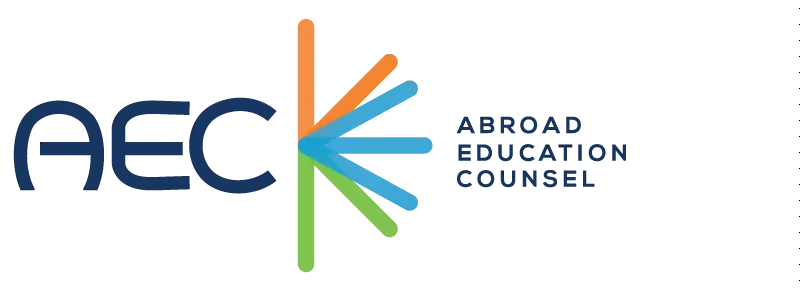Eligibility exams for netherlands
Both Bachelor and Master’s degree programs require English language proficiency test such as IELTS (min 6 bands)/ TOEFL (80 for iBT).
GRE and GMAT are required for specific Master’s degree programs.
Sometimes the university might ask you to take up the Preparatory course and give you a conditional offer of admission. Students would be required to take up special classes for the required subjects and must clear exams to get admission into the preferred course.
Netherlands study permit information
If you want to move to the Netherlands to study for more than three months, once you have been provisionally accepted into a course, Indian students need to undertake the TEV (Entry and Residence Permit) Procedure as the visa for the student has to be applied by the recognized sponsor institution or university.
The visa process for the Netherlands is a two-step process thatrequires:
- The MVV or an Entry Visa to enter the Netherlands
- The VRV – or the Residence Permit – granted to students within a month of their reaching the country
Under the TEV Procedure, the University would request you to provide the necessary documents and submit the form on your behalf to the Immigration and Naturalization Service (IND) in the Netherlands. Once the IND approves your application, it would grant you an MVV (Provisional Residence Permit) which would be valid for 3 months. The student can collect the MVV from the Dutch Embassy/ Consulate and then fly to the Netherlands.
On arriving in the Netherlands, Students would then be required by their respective Universities to appear for and apply for a Residence Permit (VRV) within a stipulated time. Again, this may vary from university to university but is usually stipulated between 3 to 5 days. The application is then forwarded by the University for a Permanent Residence Permit which is issued within the following two weeks.
For obtaining the TEV, health insurance is a mandate. Contact your AEC counselor for more details.
Documents for Dutch Visa
- A valid passport
- A letter or other document from the Dutch host institution stating that you are registered as a student, that you are going to do an internship, that you will be a guest lecturer, or that you are going to do research
- Proof that you are adequately covered by health insurance
- Proof that you can support yourself financially
- A copy of the application for a work permit, if applicable
- Documents such as a legalized birth certificate or a certificate of marriage












